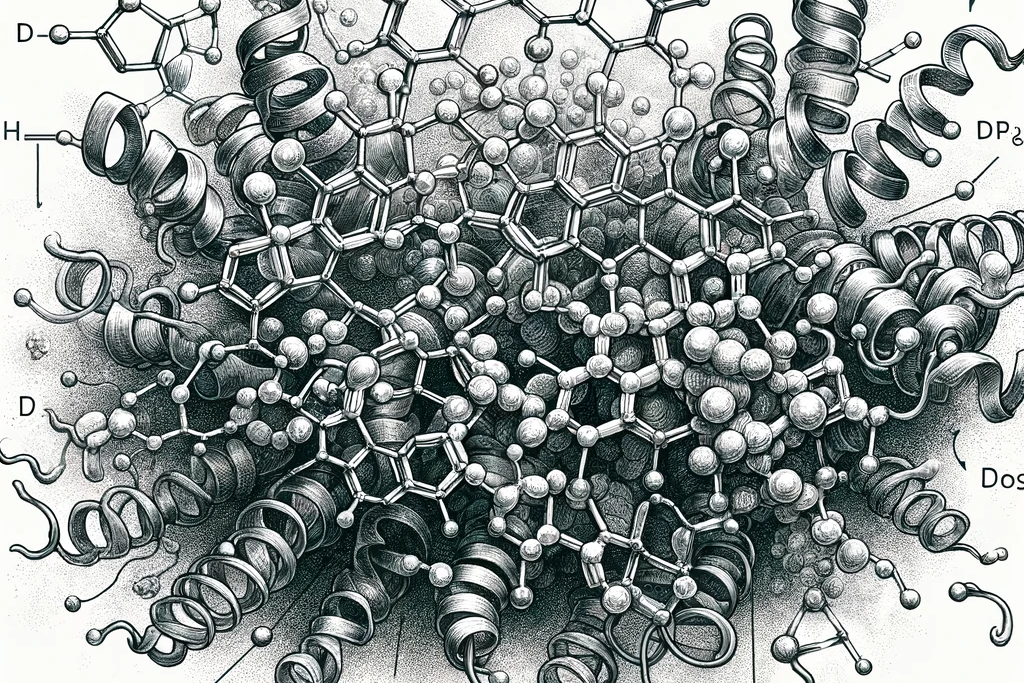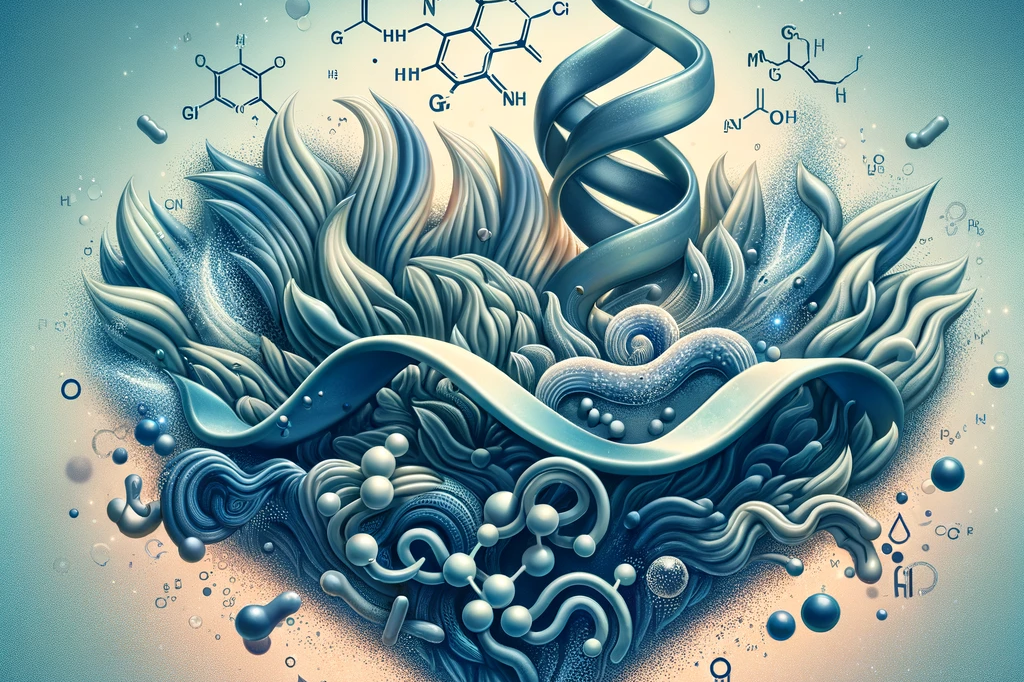Enzymes

Which enzymes does your dog need?
Your dog can produce many enzymes himself, e.g. pepsin in the stomach or alpha-amylases in the pancreas. These enzymes break down protein and starch. However, there are also enzymes that your dog cannot produce or can only produce in small quantities. These include, for example
- Protease: Supports the digestion of protein.
- Lipase: For the digestion of fat.
- Amylase: For the digestion of carbohydrates.
You must supply your dog with these enzymes through its food.
How can you give your dog enzymes?
There are various ways to give your dog enzymes. For example
- Fresh raw meat contains natural enzymes.
- Fermented foods such as yogurt or sauerkraut contain lactic acid bacteria, which also produce enzymes.
- Food supplements with plant or animal enzymes are available in the form of drops, pastes or tablets.
You should always ensure the correct dosage and quality of the enzymes and follow the manufacturer's or vet's instructions.
What are the advantages and disadvantages of enzymes for dogs?
Enzymes can have many benefits for your dog:
- better digestion and nutrient absorption
- Strengthening of the immune system
- Prevention of bloating and diarrhea
- Support for chronic diseases such as pancreatitis or diabetes.
However, enzymes also have some disadvantages or risks:
- Overdosing can lead to gastrointestinal complaints
- Intolerance or allergy to certain enzyme sources
- Interactions with other medications or foods
- So always be careful and monitor your dog when giving him new enzymes.
Enzymes are important digestive aids for your dog. They can bring him many health benefits, but can also pose some risks.
If you notice any signs of hypersensitivity or poisoning in your dog, you should see your vet immediately. We are not a substitute for a vet, but we try to be as accurate as possible. Every dog reacts differently and we recommend you get a second opinion or consult your vet if in doubt.
Stay healthy and take good care of your four-legged friend!😊
Similar to Enzymes
Amylases are enzymes that have a so-called endoenzyme function. This means that they can attack 1-4-glycosidic bonds inside starch molecules. They therefore break down long carbohydrate chains into...
Peptidases, also known as proteases, are enzymes that break down proteins into smaller peptides or amino acids. These enzymes are found everywhere in nature, from microorganisms to higher organisms,...
Lipases are enzymes that play a key role in the digestive process by breaking down fats into smaller molecules such as glycerol and fatty acids. These enzymes are not only present in the digestive...
Lactase is an enzyme specifically responsible for the digestion of lactose - a sugar found in milk and dairy products. In mammals, including humans and dogs, this enzyme is typically produced in the...



